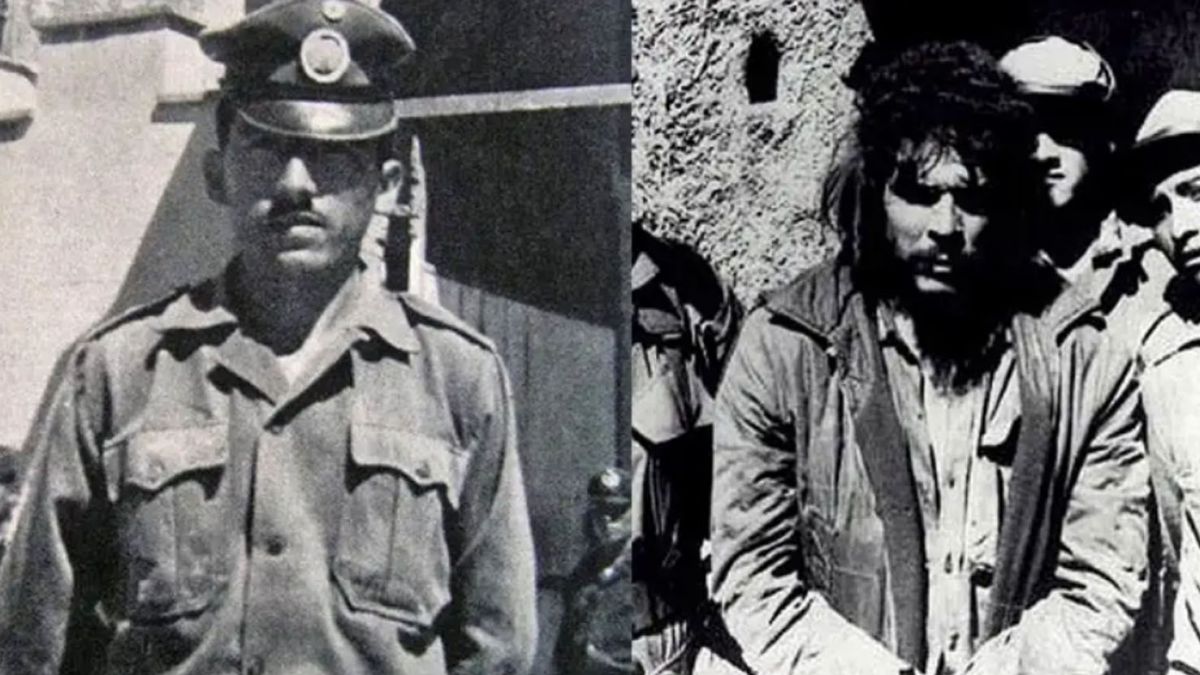On October 8, 1967, the Bolivian army arrested Ernesto ‘Che’ Guevara mythical figure of the armed revolutionary action during the Cold War, with the support of two Cuban-American CIA agents.
The Bolivian soldier Mario Terán Salazar who claimed to have killed the guerrilla in 1967, died this Thursday at the age of 80 in eastern Bolivia, his relatives reported, due to a long illness, prostate cancer, his son Mario confirmed to AFP and added that the soldier died on the Thursday midnight.
“I was sick and there was nothing to do Gary Prado, the soldier who captured Che in the Bolivian jungle 54 years ago, told AFP. Terán’s instructor at the school of sergeants.The priest Raúl Azurduy Chávez, close to the deceased’s family, made the death public on his Facebook.Terán Salazar had been living in the military residence of Santa Cruz for years, suffering from different health problems health of his old age.
The soldier lived in the city of Santa Cruz de la Sierra, and for many years he was ‘hidden’, for much of his life he denied responsibility for the act, especially to avoid media harassment. “What worried him most was the harassment of the press, because he wanted to remain anonymous, because he simply voluntarily complied with the decision that came from the Presidency.”
This was the capture of Che
On October 8, 1967, the Bolivian army arrested Guevara, a mythical figure of the Cuban revolution during the Cold War, with the support of two CIA agents. Che was at the head of a handful of guerrillas who had survived combat, hunger and disease.
Wounded in combat, he was taken to an abandoned school in the town of La Higuera. According to the Military Historical Research Institute of Bolivia, the then sergeant of the Bolivian army participated in the capture operation of Che in 1967 and the image of him transcended the world when he was captured that same year by French journalist Michele Ray.
He spent his last night there: he was riddled with bullets the next day by Terán with the approval of President René Barrientos (1964-1969). “That was the worst moment of my life. At that moment I saw ‘Che’ big, very big, huge. His eyes shone brightly,” Terán recounted then.
“I felt like he was on top of me and when he stared at me, it made me dizzy. I thought that with a quick movement ‘Che’ could take the gun from me. ‘Get calm – he told me – and aim well! He’s going to kill a man!’ Then I took a step back, towards the threshold of the door, I closed my eyes and I fired”, narrated the soldier.
At 39, Che became a legend while his body and his face, with open eyes, were exhibited in the town of Vallegrande, an image that immortalized the AFP photographer Marc Hutten.

